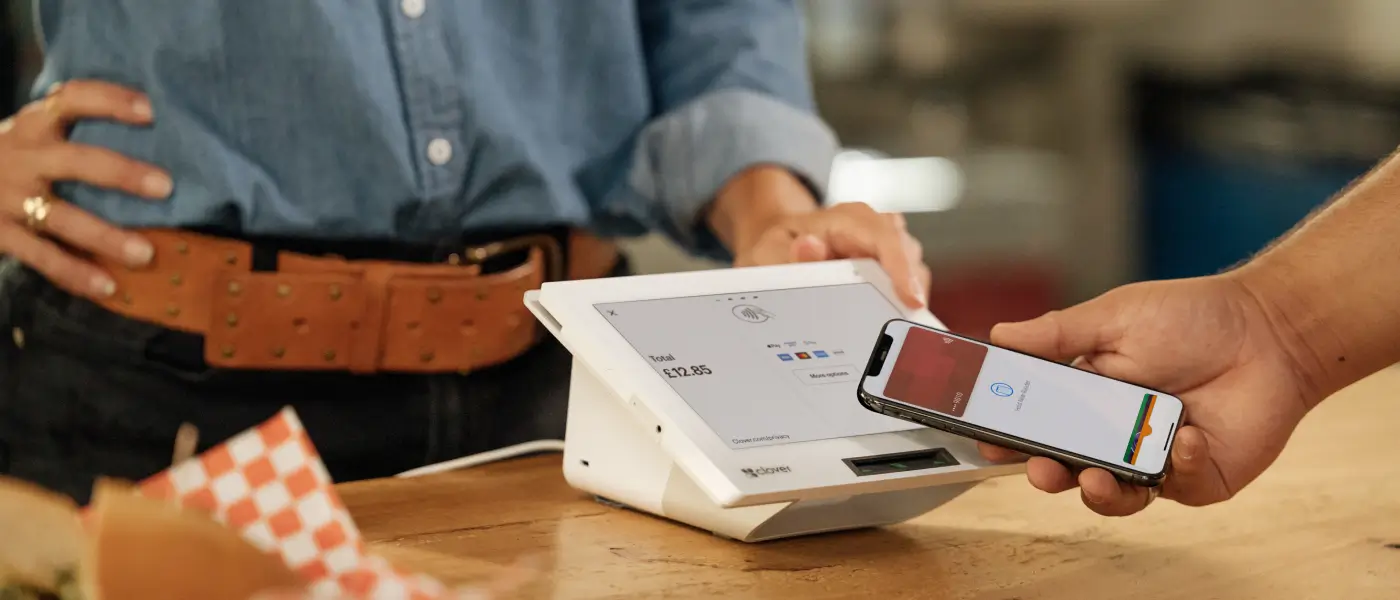
Table of Contents:
- What Are Common Business Expenses?
- How to Categorise and Track Expenses?
- Tips for Managing Business Costs Efficiently
- Smart Strategies for Handling Business Expenses
What Are Common Business Expenses?
Before going further, let’s answer the fundamental question: What is a business expense? Simply put, business expenses are running costs necessary to operate a company.
To make things clearer: This is not money spent for personal needs or leisure—personal expenses, but rather, money spent to manage company finances—company expenses.
What Are Allowable Expenses?
It’s time for the second fundamental question: What expenses can be claimed? In short, business expenses comprise two types of spendings. Those that can be claimed are called taxable expenses. The second kind are allowable expenses- referring to essential, but not taxable business costs. They are not part of a merchant’s taxable profits.
The following list of business expenses provides the most common examples of expenses considered allowable in the UK:
Office supplies and phone bills
Travel costs, including fuel and public transport fares
Staff wages or subcontractor payments
Utilities like heating, lighting, and internet for business premises
Marketing, such as website costs or online ads
For instance, if a small business’ turnover is £60,000 and they claim £15,000 in allowable expenses, their taxable profit becomes £45,000. However, not all costs qualify. One cannot claim personal expenses as business costs. We recommend that merchants categorise and track all expenses to avoid problems during your tax return.
While merchants are free to choose tools that work best for them, we can support small businesses with solutions like our Dashboard and Merchant portal, which enable businesses to record and monitor their expenses in real time, ensuring compliance and accuracy.
How to Categorise and Track Expenses?
Properly categorising expenses simplifies bookkeeping while helping identify opportunities to save. Most importantly, accurately recorded and tracked expenses keep businesses compliant.
Still wondering, ‘What expenses can be claimed’? The answer is: Individuals can only claim allowable expenses that cover company costs. For instance, small business owners may use something for both personal and business reasons, like a mobile phone. In that case, they should look at their mobile phone bill, and group their business and personal calls separately. Small business owners can only claim the amount spent for company-related calls.
The following list of business expenses are just suggestions. Merchants should consider consulting a bookkeeper for the approach tailored to their needs. Here are our examples of expenses grouped into categories:
Office and Operational Costs
Includes stationery, phone bills, or internet services directly linked to business operations.
Travel and Vehicle Costs
Cover business-related travel, including parking, train fares, or vehicle fuel.
Utilities and Property Costs
Applies to heating, lighting, and rent for business premises. If working from home, claim a proportion based on business use.
Marketing and Training
Includes advertising, website costs or courses related to improving business operations.
Reselling Goods
Track costs for purchasing stock or raw materials.
Tips for Managing Business Costs Efficiently
It’s time for the fun part: Practical tips. Follow these best practices to optimise business expenses.
Use Simplified Expenses Where Possible
Simplified rates can make calculations easier for certain costs like working from home or vehicle use.
Leverage Technology
Dedicated solutions make tracking and reporting quick and intuitive. This saves time while reducing errors.
Separate Personal and Business Finances
Always use a dedicated business account. This practice ensures clearer records and avoids complications during tax filing.
Review Costs Regularly
Analyse expenses monthly to identify unnecessary spending. Adjust budgets as needed to maintain control.
Maximise Taxable Expense Claims
Familiarise yourself with allowable and capital expenses. For example, claim heating and electricity costs proportionally when working from home.
Smart Strategies for Handling Business Expenses
Effectively managing company expenses ensures financial stability. We advise seeking professional help from a bookkeeper or an accountant. They will help develop the best approach.
However, we strongly encourage merchants to capitalise on available technology as there is so much that can be done without turning to external assistance. Our experts are ready to walk merchants through the benefits of solutions like Dashboard and Merchant portal, which help businesses stay organised by offering:
Real-time tracking of all expenses
Categorisation tools for easier reporting
Insights to identify cost-saving opportunities
Contact us for proven solutions to manage business expenses.



